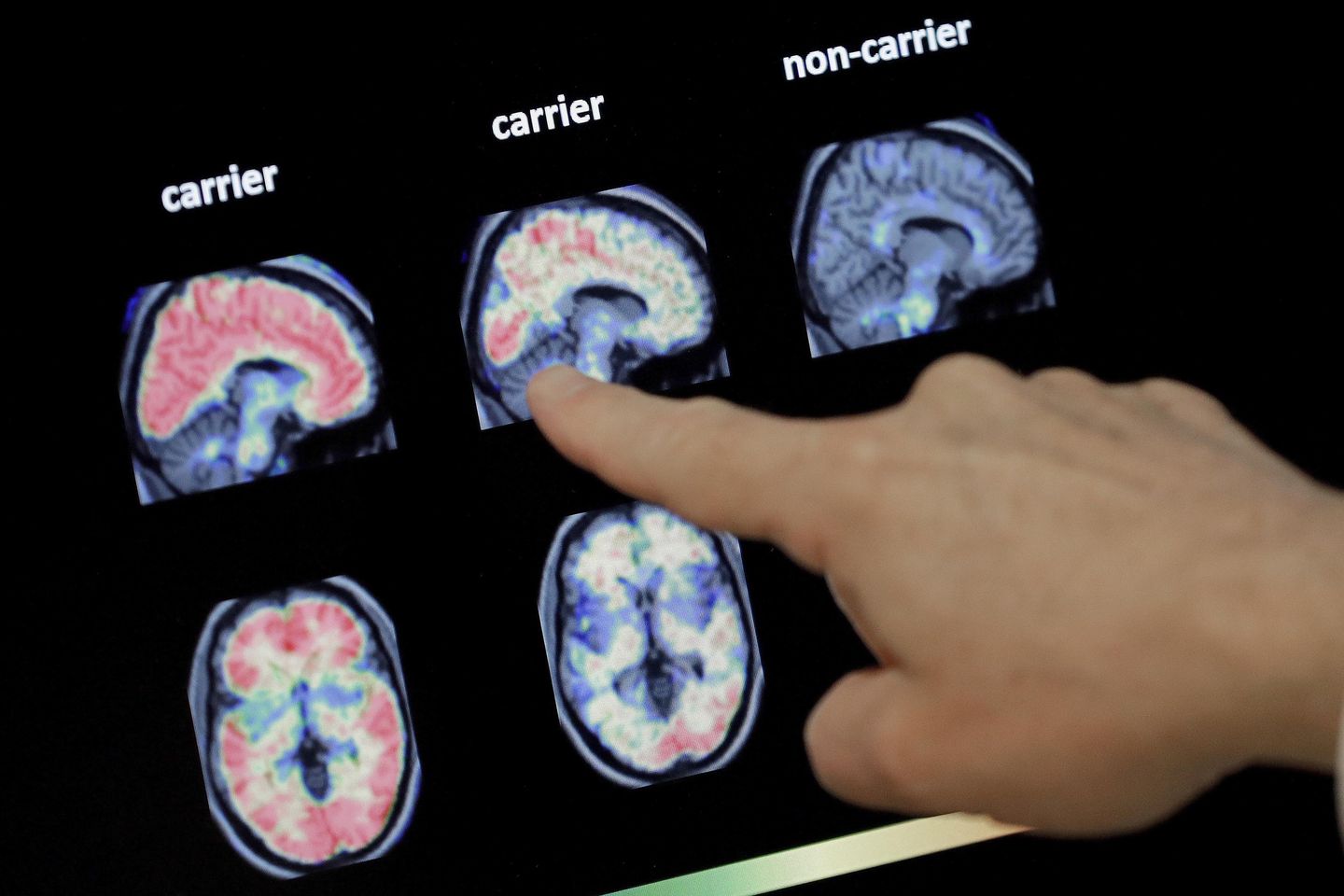Print By Sean Salai - The Washington Times - Tuesday, February 21, 2023 Boys are more likely than girls to develop addictions due to slower brain development starting at age 9, two scientists from the National Institutes of Health found in a study . Dardo Tomasi and Nora Volkow of the National Institute on Alcohol Abuse and Alcoholism studied brain scans of 8,961 children aged 9-11, recorded from August 2017 to November 2018. Girls had “higher functional connectivity density” than boys in a part of the brain responsible for emotions, social behavior, attention, learning and motivation, the lab scientists reported in their study.
Published Tuesday in JAMA Network Open, the study also found girls had superior development in key white matter pathways linked to the self-regulation of nerve impulses. “Boys are much more likely to engage in risky behaviors such as drug experimentation than girls and are more prone to impulsive behaviors, including truancy [or] driving while intoxicated,” Ms. Volkow told The Washington Times.
“It is likely that this vulnerability reflects in part the slower development of brain regions necessary for self-regulation. ” None of the children in the study were alcoholics or drug addicts. But Ms.
Volkow said the findings are predictive of “alcohol and marijuana use among teenagers, which we expect will be increasing in the next few years. ” Although the human brain reaches 90% of its adult size by age 6, its gray and white matter volumes continue to change throughout adolescence, the study said. White matter consists of nerve fibers linking different parts of the brain.
Gray matter comprises cell bodies responsible for perceiving movement and sensation. After age 8, white matter density grew faster in girls while “regressive [gray matter] pruning” accelerated for boys, the study found. “The faster cortical development in girls than boys and their associated higher cognitive performance indicate that at this age girls are better able to learn academic tasks than boys due to an earlier development of their brains,” Mr.
Tomasi said. “This has implications for how schools teach children and indicates that interventions tailored to the brain developmental stage might facilitate learning and performance. ” The study found boys lagged behind girls in developing the cognitive processes for language and analytical thinking, as well as the emotional maturity for self-reflection and self-regulation.
“Boys tend to catch up in their early 20s, but we don’t know enough of why the process is slower in boys,” Mr. Tomasi added in an email. Nevertheless, the study provides only a “small window” into the trajectory of addiction, said Jack Van Horn, who teaches psychology and data science at the University of Virginia.
“It is important to keep in mind that brain development is a dynamic biological process which plays out over the first two decades of life,” said Mr. Van Horn, who researches brain functions. “So it would be difficult to say for certain that any changes during this time are an accurate reflection of the entire trajectory of brain maturation, which plays out well into young adulthood.
” The study’s findings that girls in a resting mental state had superior cognitive scores than boys are “not an unequivocal statement on intellectual, emotional, developmental or cognitive maturity of girls versus boys, per se,” Mr. Van Horn added. The study provides “direct biological evidence” to support the findings of IQ test results that boys do better at perceptual motor skills than higher reasoning, said Thomas Plante, a member of the American Psychological Association.
Social expectations and psychological factors also shape the brains of girls and boys differently, the clinical psychologist said in an email. “There will always be individual differences among youth and we need to be careful not to overgeneralize or stereotype them,” said Mr. Plante, a Santa Clara University professor.
“That being said, we want to be mindful of scientific findings about brain development and adjust our expectations accordingly. ” • Sean Salai can be reached at ssalai@washingtontimes. com .
Copyright © 2023 The Washington Times, LLC. Click here for reprint permission . Please read our comment policy before commenting.
Click to Read More and View Comments Click to Hide.

